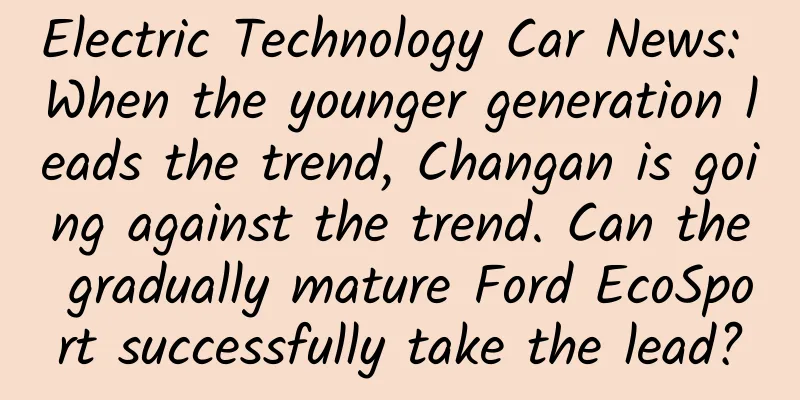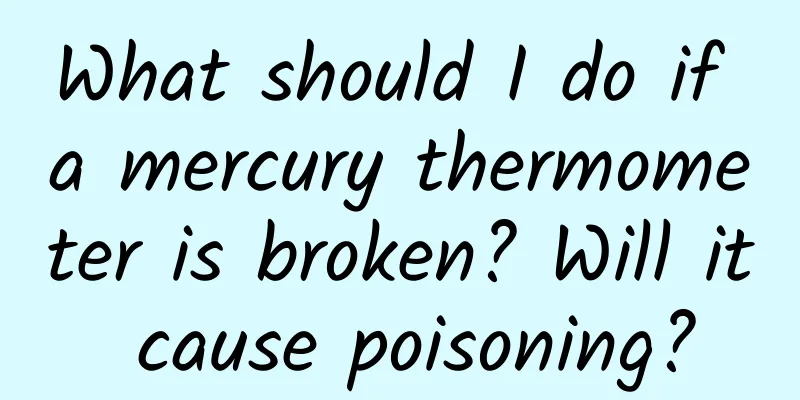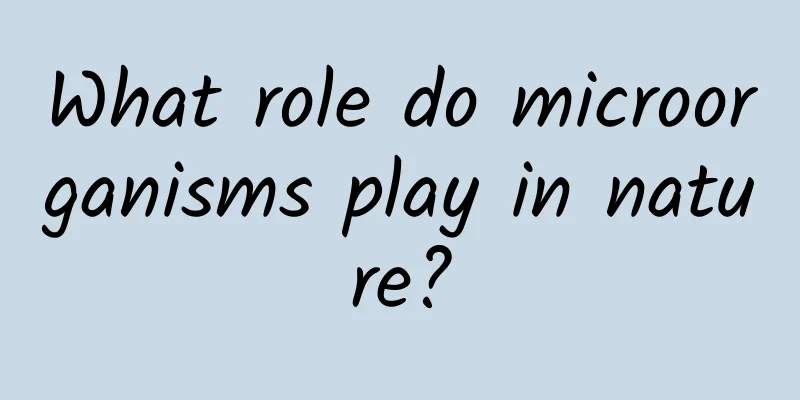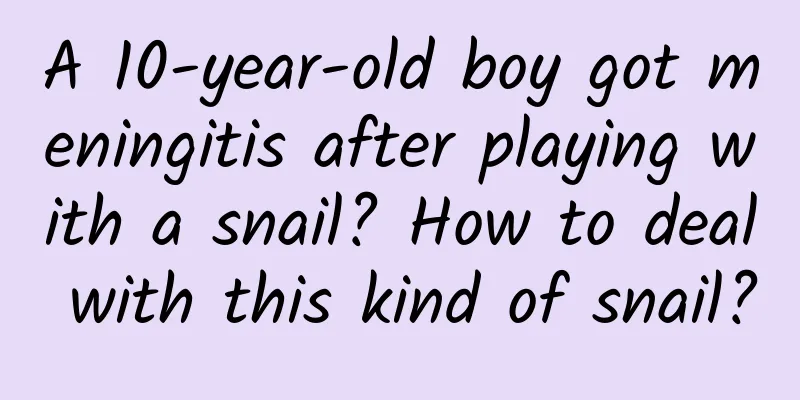Google's natural language processing takes a step further, enabling direct answers to complex questions
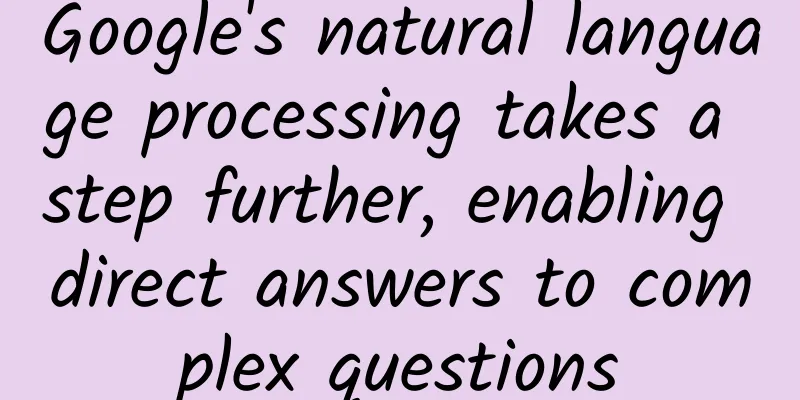
|
Google voice search was launched in 2008. Four years later, it was able to answer user questions by linking to the "knowledge graph", including information about people, places and objects. Soon after, it was able to answer simple questions such as "How old is Stan Lee?" Later, it learned to answer questions based on different meanings of the same word in context. When a user asked "What ingredients were in a screwdriver?", Google knew that the "screwdriver" here was not a screwdriver but a drink. The improvement of search engine's natural language processing ability is accumulated little by little, and it is difficult to reach the sky in one step. Recently, Google has made progress again, and can now recognize "top-level", "time-based" queries and some complex combination questions through text or voice. Advanced: When your question contains advanced words such as "tallest" or "largest", Google can give you specific answers. For example: Who are the tallest Mavericks players? What are the largest cities in Texas? Time-based questions, such as: What songs did Taylor Swift record in 2014? What was the population of Singapore in 1965? More complex combination questions can also be answered, such as: Who was the US President when the Angels won the World Series? Google will fragment your query, breaking it into several different keywords and then combining them together. In the above question, it needs to break down the query into "American president in the world president list", "Angels is a baseball team", "list of every professional baseball champion", "what year did the Angels win the championship", and then come up with the final answer - Bush Jr. Before this, if you asked Google a question, the results you got were just some keyword search results, and it didn’t really understand what you were asking. This recent update really means that it has semantic analysis search capabilities, which may seem simple to humans, but is not easy to achieve with artificial intelligence technology. However, this feature is not perfect yet and still gives some answers that are not what users need. For example, when a user asks "Who is Dakota Johnson's mother in the movie?", Google will show her real-life mother, but the user actually wants to find Jennifer Ehle, who plays Anastasia's mother in the movie "Fifty Shades of Grey". Even so, Google is still ahead of its competitors in this technology. You should know that other competitors often only pop up a keyword search webpage after you ask a question. However, voice/text search is not only an academic challenge for Google, but also involves its profitable search business. The proportion of users searching on mobile terminals is increasing, and Google's voice search will definitely become a core competitive advantage. Currently, the upgraded version of Google App already supports iOS, Android and Web. Interested users can try it out. |
<<: Technical topics·Machine learning
>>: What is Computer Graphics?
Recommend
Amap launches new feature nationwide: Navigation voice prompts waterlogging points
According to the Central Meteorological Observato...
Former Douban Operations Director: How to acquire high-quality seed users?
Xiaobai talks a lot: At present, there are roughl...
Let’s review the RecyclerView of that year from the beginning
1. What is RecyclerView? According to the officia...
520 marketing strategy! Here it comes
Although 520 is an ordinary holiday, its pronuncia...
Will housing prices in Guangzhou fall in 2020? Guangzhou housing price forecast analysis
Will housing prices in Guangzhou fall in 2020? An...
China Automobile Dealers Association: The auto dealer inventory coefficient is 1.40 in June 2024
On July 10, 2024, the China Automobile Dealers As...
How much does a piece of Cordyceps sinensis cost in 2020?
How much does a piece of Cordyceps sinensis cost ...
"Perfect Diary" brand marketing template!
The rapid popularity of Perfect Diary , a domesti...
Let Chinese e-sports see hope, but the master said that playing professionally is more difficult than getting into Tsinghua University or Peking University
Recently, e-sports fans have received exciting go...
Is Baidu Netdisk Youth Edition really unlimited in speed? Test results tell you the answer
[[441500]] Baidu Netdisk Youth Edition is here! I...
618 group buying venue event promotion methods and review!
This article reviews the 618 group buying event t...
Let me talk about new media. I will always work in new media because…
First of all, I would like to state that this art...
What does China National Grain and Oils Corporation say in response to the ban on outsiders bringing mobile phones into grain depots?
On the evening of August 2, the China National Gr...
Understand the subtext and chat to make the opposite sex more welcoming and attractive to you
Understand the subtext and chat to make the oppos...
Once in a thousand years! The brightest gamma-ray burst to date, how did the "Insight" and "Jimu" jointly capture it?
At 2 a.m. on March 29, scientists from China, the...
